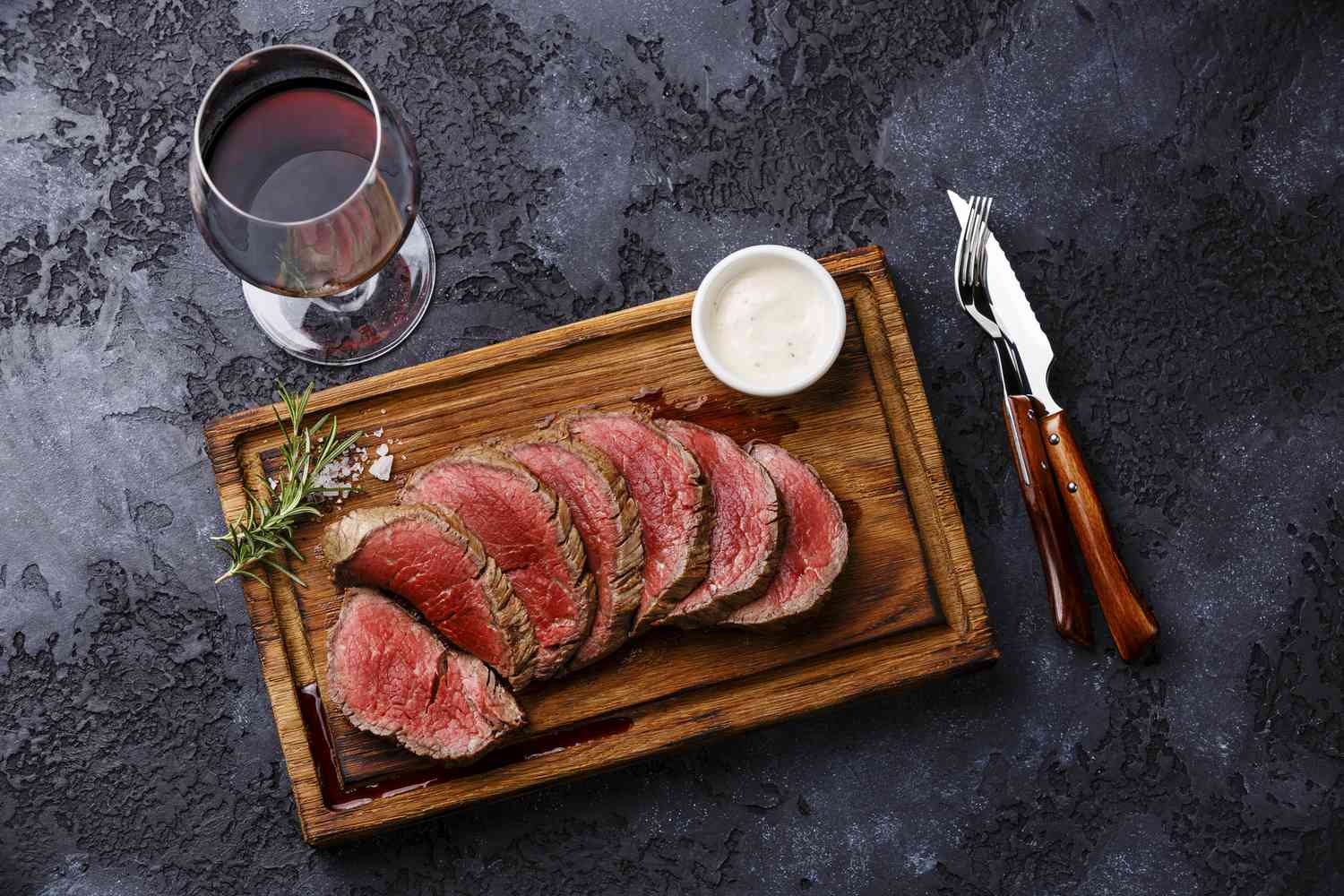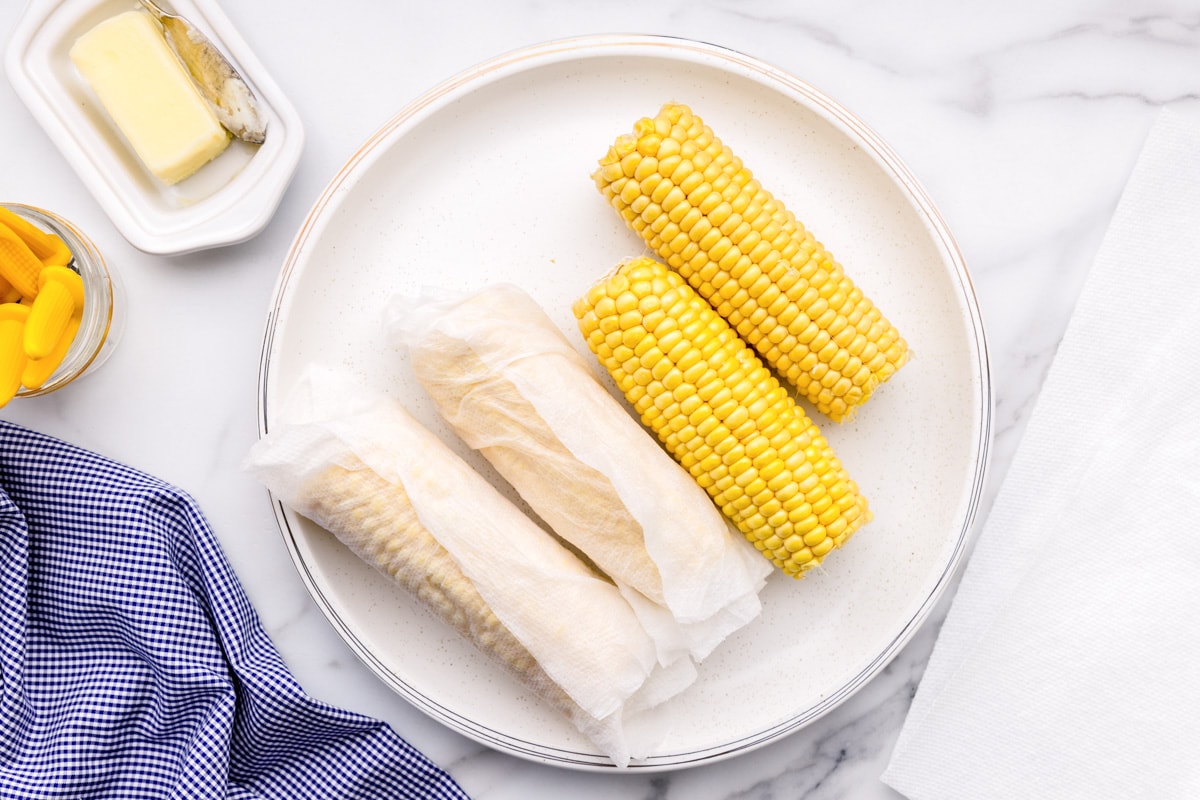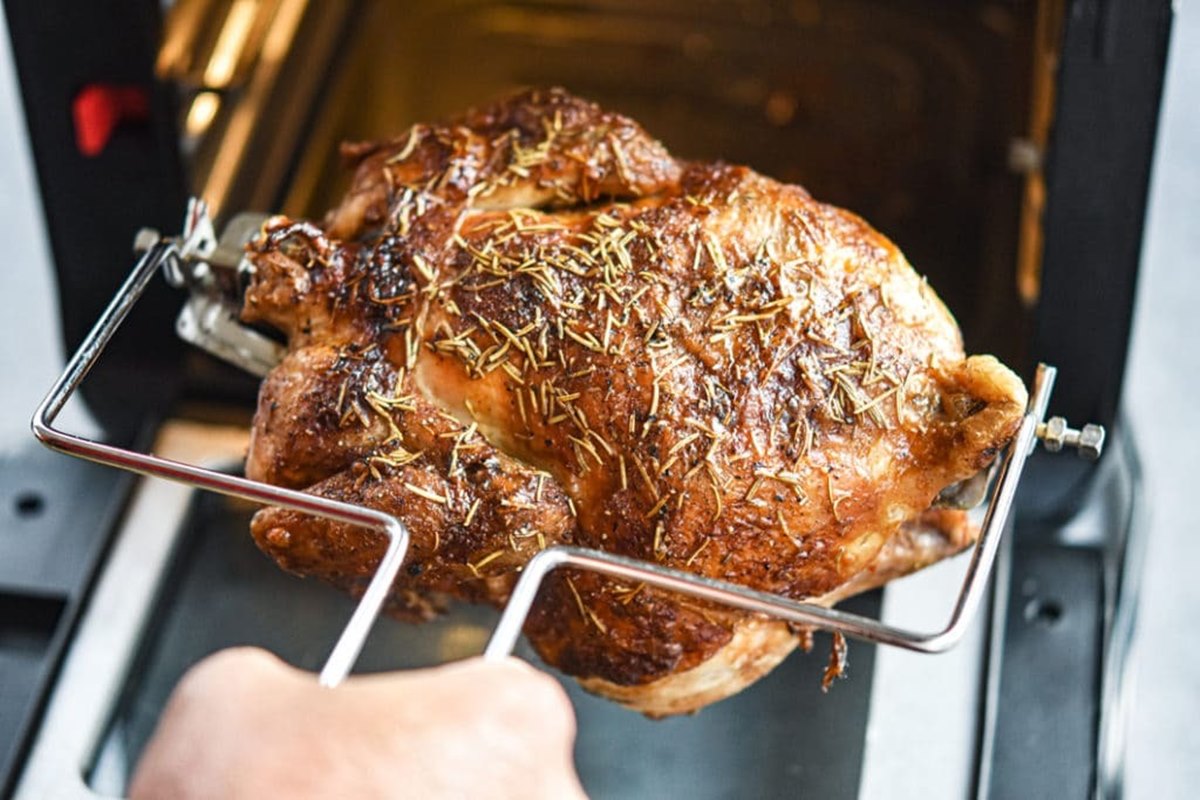Delicious and Nutritious: Chicken Paws for Your Four-Legged Friends
As pet owners, we always strive to provide the best nutrition for our beloved dogs. While chicken paws may not be at the top of your list when it comes to doggy treats, they can actually be a tasty and nutritious addition to your pup’s diet. Today, we’ll show you how to cook chicken paws for dogs in a way that will have their tails wagging with excitement!
Before we get into the cooking process, let’s talk about the benefits of chicken paws for dogs. These humble chicken parts are packed with essential nutrients, such as protein, glucosamine, and chondroitin, which are essential for maintaining strong and healthy joints. They can contribute to improved mobility and help prevent arthritis, making them especially beneficial for active or senior dogs.
Preparing the Chicken Paws
The first step in preparing chicken paws for your furry friend is to source high-quality, human-grade chicken paws from a trusted supplier. It’s important to prioritize organic and hormone-free options to ensure that you’re providing the best possible ingredients for your dog.
Once you have your chicken paws, give them a thorough rinse under cold water to remove any excess dirt or debris. Next, bring a pot of water to a boil and add the paws. Let them simmer for about 10 minutes to ensure they are fully cooked and safe for consumption.
After boiling, allow the chicken paws to cool before handling them. Be sure to remove any small bones or sharp pieces that may pose a choking hazard for your dog. Remember, it’s always better to be safe than sorry!
Cooking Options
Now comes the fun part—cooking the chicken paws in a way that will make your pup’s taste buds tingle with delight. Here are a few tasty cooking options to consider:
- Oven-Baked: Preheat your oven to 350°F (175°C). Lightly coat the chicken paws with a drizzle of olive oil, sprinkle with your dog’s favorite herbs or spices, and place them on a baking sheet. Bake for approximately 20-25 minutes until the paws are nice and crispy.
- Air-Fried: If you have an air fryer, this is a quicker alternative that still yields delicious results. Season the chicken paws with a pinch of salt and any dog-friendly seasonings your pup enjoys. Air fry at 400°F (200°C) for approximately 8-10 minutes, or until golden brown and crispy.
- Dehydrated: Another option is to dehydrate the chicken paws, which not only intensifies their flavor but also prolongs their shelf life. Simply place the cleaned paws on a dehydrator tray and set the temperature to 160°F (70°C). Allow them to dehydrate for about 6-8 hours until they are dry and chewy.
Serving Suggestions
Once the chicken paws are cooked to perfection, let them cool completely before serving them to your furry friend. Remember that moderation is key, and chicken paws should only be given as an occasional treat or as part of a balanced diet.
You can serve the chicken paws as a standalone treat or crumble them over your dog’s regular meal for an added burst of flavor. Alternatively, you can chop them into smaller pieces and use them as training rewards or stuffing for interactive toys.
Always consult with your veterinarian before introducing any new food into your dog’s diet, especially if they have specific dietary restrictions or health concerns.
So why not give chicken paws a try? Your dog will appreciate the delicious treat, and you’ll feel great knowing you’re providing them with a nutritious snack. Follow our simple cooking instructions and watch your four-legged friend happily munch away on these tasty and beneficial treats!
More Delicious Recipes for Your Furry Friend
After mastering how to prepare chicken paws safely for your dogs, why not explore the variety of recipes that can enhance their diet? From the crispy texture of Crispy Oven-Baked Chicken Paws Treats to the hydrating benefits of Chicken Paw and Sweet Potato Doggie Stew, each recipe offers unique benefits and flavors. For those looking to improve their dog's skin and coat, trying the Chicken Paw and Fish Oil Wellness Treats is highly recommended due to the omega-3 fatty acids in fish oil. Additionally, the Chicken Paw Jerky for Canine Training is perfect for rewarding your dog during training sessions, providing both motivation and nutrition. These recipes not only utilize the cooking skills you've acquired but also promise to keep your dog healthy and happy.











